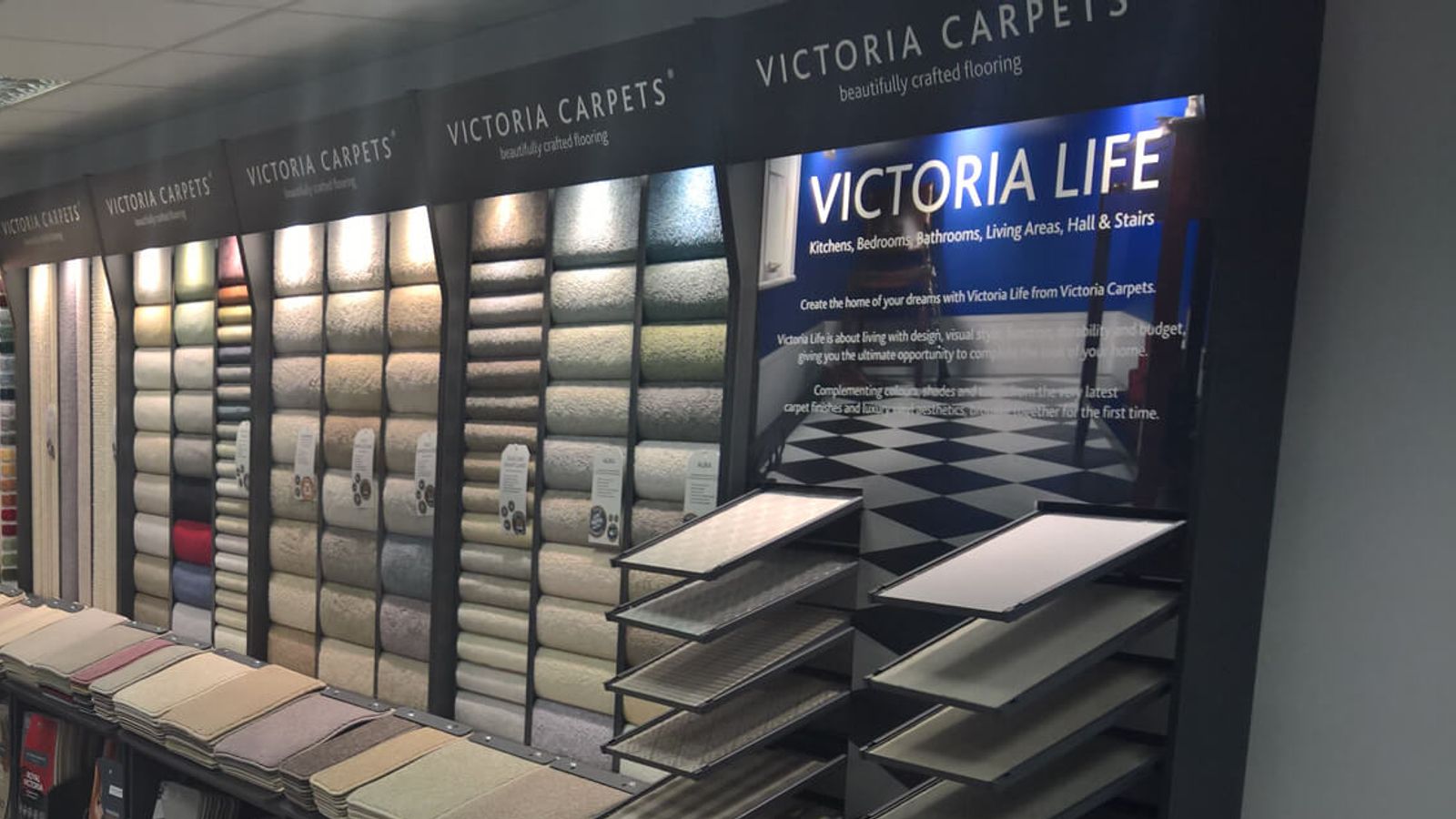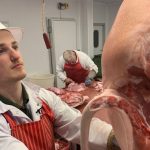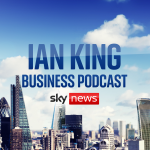Talk about a roll-up.
The British carpets and floorcoverings manufacturer Victoria has today become Europe’s biggest rug producer and the second-largest globally after Cairo-based Oriental Weavers.
The 126-year old company is paying up to £117m for the rugs division of Balta Group, a Belgian flooring company and Europe’s largest carpet manufacturer.
As part of the deal, Victoria also gets Balta’s UK polypropylene carpet and non-woven carpet businesses, as well as ownership of the Balta brand.
Victoria, which is based in Kidderminster, the Worcestershire town that has traditionally been the heart of the UK’s carpet-making industry, said the deal would not only increase scale and solidify its position in the UK carpet market.
It said it also took the company into a growing flooring category, particularly in the US, which accounts for more than one third of the division’s sales.
The company added: “Fashion and flexibility means consumers replace rugs more frequently than other types of flooring, leading to repeat sales to consumers updating their home or office décor.
Twitter chief executive Jack Dorsey resigns saying ‘it’s time for me to leave’
Travel firms update rebooking and refund policies after restrictions tightened
Demand for credit surges amid rising costs while mortgage approvals slip back
“Rugs are resistant to competition from products such as luxury vinyl tiles (LVT), wood, and ceramic tiles as they are often used to complement hard surface materials, which can be cold underfoot.”
It said demand was particularly strong from developing countries where frequently homes have hard surfaces as their primary flooring.
The company, whose biggest customers include John Lewis, added: “The ease with which rugs can be transported from home to home makes them increasingly popular as renters and home owners become more mobile than in the past.”
The other assets being bought today, meanwhile, will leave Victoria with one sixth of the UK broadloom carpet market and “a little under” 5% of the UK flooring market as a whole.
Today’s deal marks the latest the latest in a string of acquisitions that have seen the company increase dramatically in size.
Victoria estimates that £1 invested in its shares in October 2012 would today be worth £63.55.
The choice of date is not an accident.
That was when Victoria’s current management took the helm after one of the City’s most colourful boardroom battles of recent times – complete with “blood on the carpet” headlines – came to a conclusion.
The row pitted the company’s then chair and managing director, Lady Katherine Innes Ker and Alan Bullock, against a rebel alliance comprising Alexander Anton, the great-grandson of the company’s founder George Anton and Geoff Wilding, a former investment banker from New Zealand.
As battle lines were drawn up, some 200 workers at Victoria’s operations at Kidderminster, Worcestershire, signed an open letter urging shareholders to back the board.
The local Conservative MP, Mark Garnier, waded into the row and also backed the board, as did Rupert Anton, another member of the founding family.
Claim and counter-claim were flung back and forth.
Alexander Anton, who had previously been ousted as chairman by Mr Bullock and his allies, claimed that the company was being run “for the benefit of management rather than shareholders”.
The board, in return, claimed Mr Wilding planned to sell the company’s assets and drew attention to a contract that would entitle him to earn a percentage of all value created once the share price rose above a certain level.
At stake was an asset that had, the previous year, supplied the red carpet for the royal wedding at Westminster Abbey between the Duke and Duchess of Cambridge.
Mr Wilding and his team won the vote and what has happened during the intervening nine years has been nothing short of breath-taking.
Victoria’s stock market value, which before the coup had been languishing at around £17m, today stands at £1.27bn.
Much of the growth has been fuelled by acquisitions.
The first, in November 2013, saw Victoria buy the rival luxury carpet maker, Westex, for £16m.
The following year, it paid £8m for Abingdon Flooring, owner of carpet brands including Stainfree and Wilton Royal.
Next, in 2015, it paid £13.7m for Whitestone Weavers, whose brands included Gaskell Mackay and Thomas Witter.
Later that year, it extended its presence in Australia with a deal there, before snapping up the Lancashire-based underlay maker Interfloor for £65m.
The acquisitions kept coming in 2016 with the purchase of Ezi Floor, another underlay maker, while rivals sat up when, later that year, Victoria hired as its chief executive Philippe Hamers, who had previously run Balta’s carpet-making arm.
A move into artificial turf followed the following year, which also saw the acquisition of the Italian ceramic flooring manufacturer Ceramiche Serra for up to £50.4m and then, in the biggest deal yet, the £246m takeover of Keraben, a Spanish maker of branded floor and wall ceramic tiles.
Despite the rapid growth, Victoria is a company that has often polarised opinions in the City, with the shares slumping in late 2018 amid concerns that its margins were being eroded by a combination of rising costs and move into other product areas less profitable than carpets.
There has also been a fair bit of agitation about the debts accumulated by the group.
However, last year, the company sought to address those concerns when it announced that Koch Industries, America’s second-biggest private company, had invested £175m and taken a 10% stake.
Since then there have been even more deals, including this year another artificial turf maker in the Netherlands, a floorings distributor in the US, a Turkish ceramic tiles business and now today’s acquisition.
Grumbles about the company’s debt levels have also kept coming.
Last week’s half year results revealed that net debt has risen by £173.6m to £519.3m at the beginning of October.
Yet shareholders who have stuck with Mr Wilding since he and his team took control will not be too concerned.
Nor one suspects, with a 22% stake now worth nearly £280m, will Mr Wilding.






















